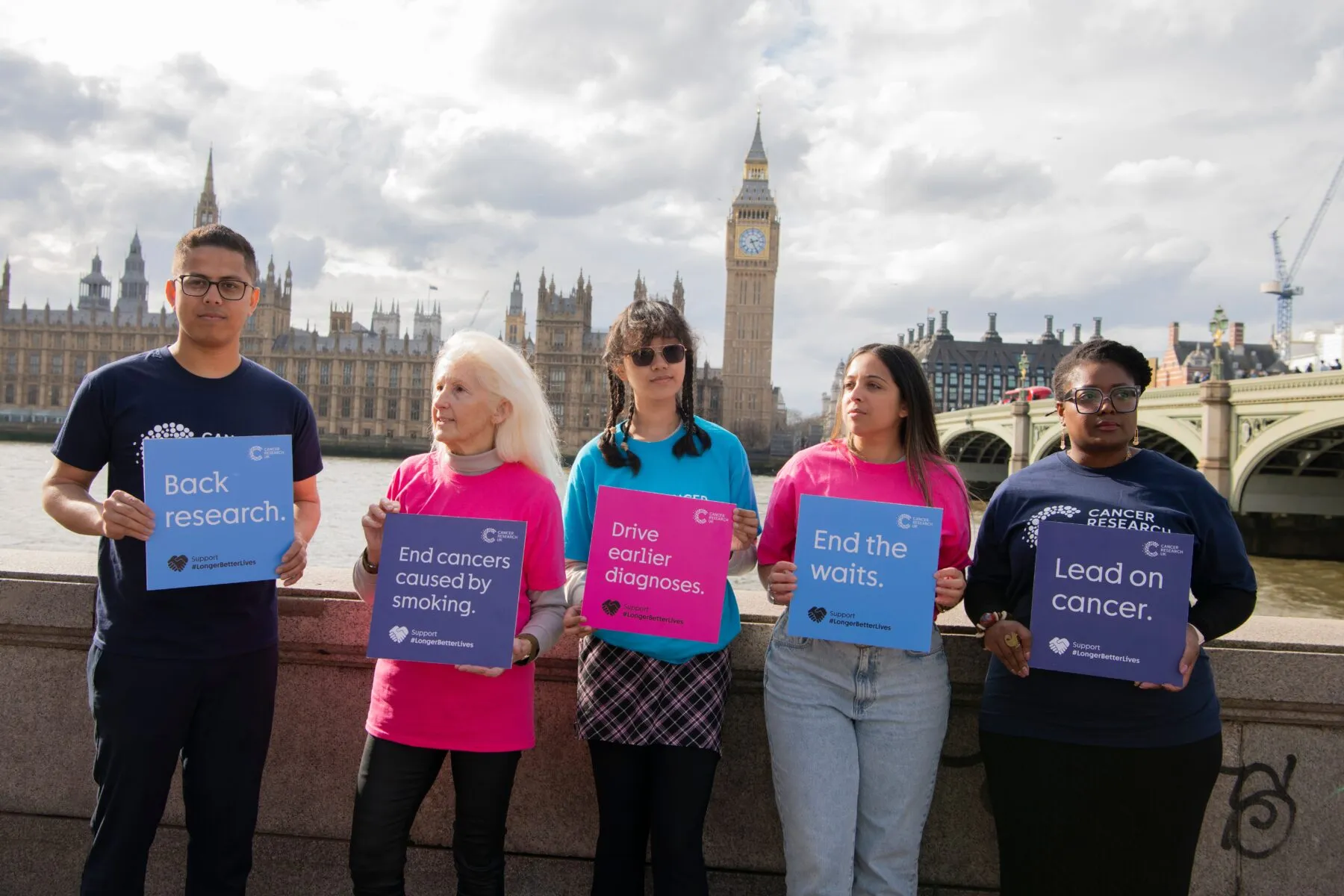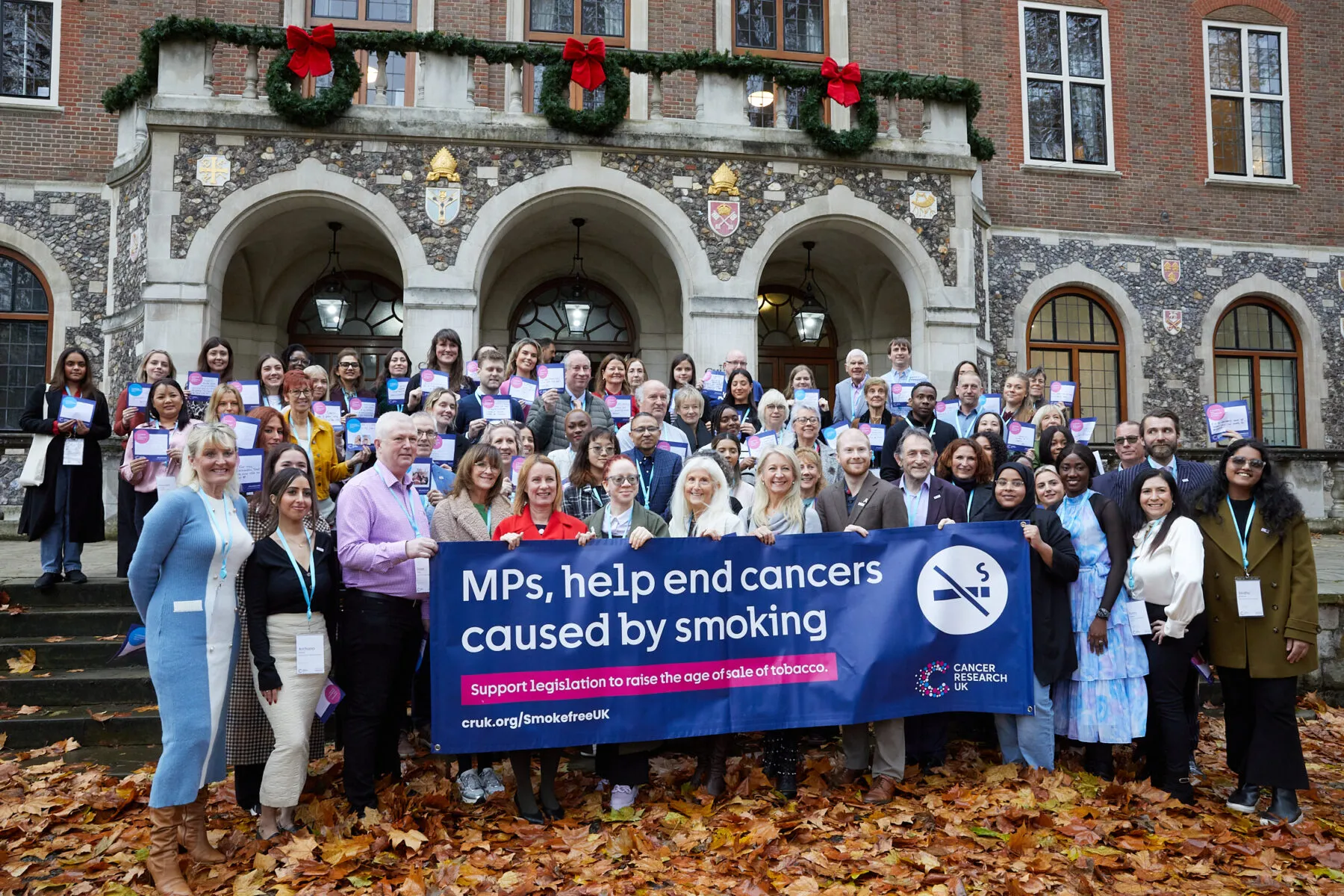
The meeting was a huge opportunity
‘A limited success’ is how we’d best describe September’s United Nations high-level meeting in New York, which gathered to discuss non-communicable diseases (NCDs) such as diabetes, cancer and heart disease.
This was only the second ever meeting of its kind, bringing together heads of state and health leaders from around the world. The first meeting was back in 2001, and focused on HIV/ AIDS. With NCDs set to cause up to two-thirds of all worldwide deaths over the next 25 years, it was agreed that they too need global action. Back in August we discussed exactly why this summit was too important an opportunity to miss.
But now, in the aftermath, we think the meeting could have gone much further, and we have some real issues of concern.
No targets
No targets were agreed, not even the very broad one proposed by the NCD Alliance which we supported of a 25 per cent decrease in NCD deaths by 2025. This highlights just what a missed opportunity this was.
The final Political Declaration [pdf] did acknowledge the scale of the problem and outlined challenges to tackling it, such as the inadequacy of resourcing and a lack of political commitment to date.
The World Health Organisation (WHO) is now charged with developing targets for member states to reduce the impact of NCDs and a monitoring process by 2012. But they will be voluntary targets. It’s true that this will continue the fight to get much-needed action to tackle the personal, social and economic toll that NCDs place on societies across the world, especially the poorest – but weak targets could result in a lack of urgency or even inaction.
Corporate influence
On top of this, the role of the corporate sector (excluding the tobacco industry, which can have no part in health policy) needs to be restricted to implementing initiatives, where it can play a valuable part, but it cannot be allowed to help decide on policy, because of obvious conflicts of interest. This distinction is not clear at present, and leaves the door open for companies to have undue influence – especially in cash-strapped countries.
An editorial in the Lancet is particularly scathing on this point, calling the declaration “underwhelming” and a missed opportunity:
“Although the fundamental conflict of interest between the tobacco industry and public health is fully recognised in the declaration, other groups from the food and drink industry — which the UN euphemistically refers to as “civil society” alongside organisations such as academia — were invited to participate in the meeting, although they were excluded from any decision-making. Unsurprisingly, these industry representatives urged a voluntary, rather than a regulatory approach. Rightly, one NCD advocate likened this to, “letting Dracula advise on blood-bank security”.
Beyond the countless number of lives that could be saved by more action on NCDs, there are sound economic and security arguments to be made for having a robust and coordinated response to these diseases; the World Economic Forum has put the cost of non-communicable diseases over the next 20 years at $30 trillion.
Some successes
There were some successes though, including the recognition that:
– this is an epidemic causing nearly two thirds of all deaths globally and rising;
– that 80 per cent of these deaths occur in low-middle income countries, not among the rich as previously thought;
– that the common risk factors – tobacco use, unhealthy diet, excessive alcohol consumption and lack of physical activity – must be addressed;
– that greater priority should be given to early detection, screening and diagnosis;
– and that access to cheap, effective drugs and vaccines, and to palliative care, must be increased.
The NCD Alliance and its partners must now work hard to ensure that the strongest possible measures are developed by the WHO and agreed next year. We must also continue to lobby for:
– mandatory targets and reporting;
– preventing the corporate sector unduly influencing policy; and
– identifying new and redeployed resources to assist low income countries to implement the basic measures their citizens deserve to protect them against NCDs. This means both helping identify among poorer countries the best way to protect their citizens with improved healthcare, diagnosis and information and highlighting among the wealthier countries those resources they can share with those less well off.
We know from our successes in tobacco control that patience, perseverance and continually developing and presenting the evidence are crucial.
We must also recognise that we are in this fight for the long haul.













